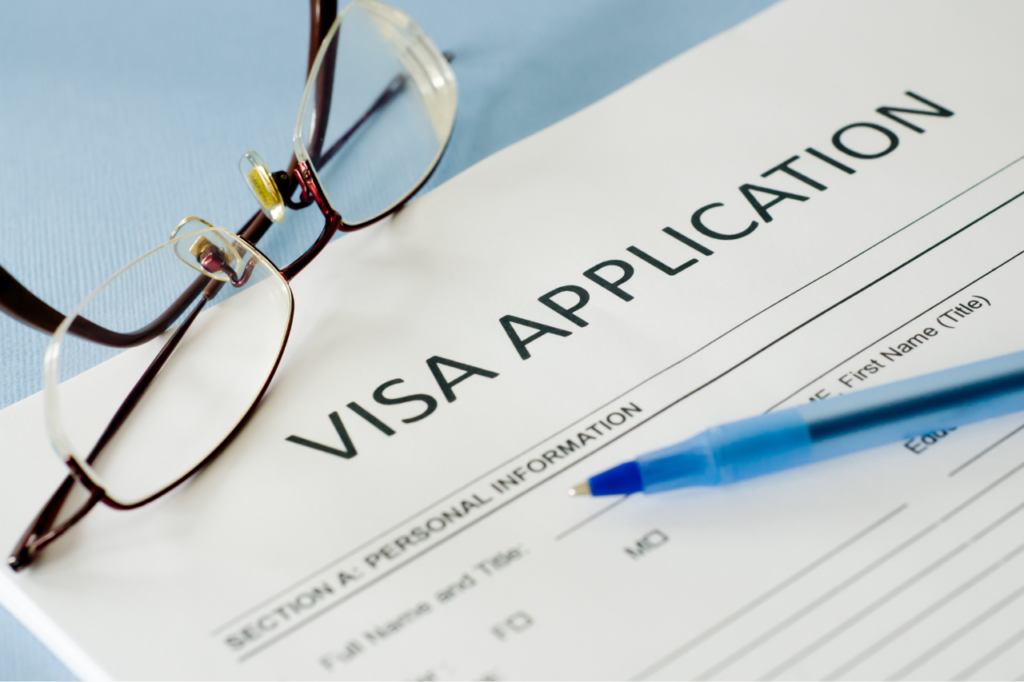Applying for a visa can be a complex process, and sometimes, despite our best efforts, our visa application may be rejected. If you have faced a Malaysia visa refusal, you might be wondering if there is a way to appeal the decision. In this comprehensive guide, we will walk you through the process of appealing a Malaysia visa application. From understanding the reasons for refusal to preparing a strong appeal, we will provide you with the information and guidance you need to increase your chances of a successful appeal.
Understanding the Reasons for Visa Refusal
The first step in the appeal process is to understand the reasons for your visa refusal. The Immigration Department will provide a notice stating the grounds for the refusal. It is crucial to carefully review this notice and identify the specific reasons for the rejection.
Common Reasons for Malaysia Visa Refusal
Malaysia visa applications can be refused for various reasons, including:
Incomplete or inaccurate documentation
Failure to meet the eligibility criteria
Insufficient financial resources
Inadequate justification for the purpose of visit
Previous immigration violations
Failure to provide genuine and truthful information
By identifying the reasons for the refusal, you can address them effectively in your appeal.
Requesting Detailed Explanation from the Immigration Department
If the notice provided by the Immigration Department does not provide sufficient details about the refusal reasons, you have the right to request a detailed explanation. Contact the department and request clarification on the specific grounds for the refusal. This information will help you in preparing a strong appeal.
Assessing Your Options
Before proceeding with an appeal, it is essential to assess your options and determine if an appeal is the right course of action for your situation.
Eligibility for Appeal
Not all visa refusals can be appealed. Review the guidelines provided by the Immigration Department to determine if you are eligible for an appeal. Generally, if there is no specific prohibition against appeals for your visa category, you can proceed with the appeal process.
Timeframe for Appeal
The Immigration Department typically provides a timeframe within which you must submit your appeal. It is crucial to adhere to this deadline to ensure that your appeal is considered. Failure to submit the appeal within the specified timeframe may result in the appeal being rejected.
Gathering Supporting Documents
To strengthen your appeal, it is essential to gather relevant supporting documents that address the reasons for the visa refusal. Here are some steps you can take:
Obtaining Updated Documentation
Ensure that all your supporting documents are up to date. This may include updated financial statements, employment letters, travel itineraries, and accommodation bookings. Providing recent and accurate information will strengthen your appeal.
Addressing Previous Refusal Reasons
If the visa refusal was due to specific reasons, take steps to address those concerns. For example, if the refusal was due to inadequate financial resources, provide additional evidence of your financial stability. Addressing the previous refusal reasons directly in your appeal will demonstrate your commitment to meeting the visa requirements.
Providing Additional Supporting Evidence
In addition to addressing the specific refusal reasons, you can provide additional supporting evidence to strengthen your appeal. This may include letters of recommendation, academic transcripts, proof of ties to your home country, or any other documents that demonstrate your credibility and intention to comply with the visa regulations.
Preparing a Strong Appeal Letter
The appeal letter is a crucial component of your appeal. It should be well-structured, concise, and persuasive. Here are some tips for preparing a strong appeal letter:
Format and Structure of the Appeal Letter
The appeal letter should follow a clear format and structure. Include a heading with your name, contact information, and the reference number of your visa application. Start with a polite salutation and introduce yourself. Clearly state the grounds for your appeal and provide a concise summary of the supporting documents you are submitting. End the letter with a polite closing and your signature.
Language and Tone of the Appeal Letter
Use professional and respectful language throughout the appeal letter. Be concise and to the point, focusing on addressing the refusal reasons and presenting your case. Avoid using emotional or confrontational language, as it may detract from the effectiveness of your appeal.
Submitting the Appeal
Once you have prepared your appeal letter and gathered all the supporting documents, it’s time to submit your appeal. Follow these steps:
Contacting the Immigration Department
Contact the Immigration Department to inquire about the specific procedures for submitting an appeal. Obtain information on the submission method, required forms, and any additional guidelines.
Submitting the Appeal Letter and Supporting Documents
Prepare copies of your appeal letter and all supporting documents. Organize them in a clear and logical manner, referencing each document in the appeal letter. Submit the appeal package to the designated address or through the specified online portal.
Following Up on the Appeal
After submitting your appeal, it is advisable to follow up with the Immigration Department to ensure that your appeal has been received and is being processed. Keep track of any communication or correspondence related to your appeal.
Frequently Asked Questions about Appealing a Malaysia Visa Application
Here are answers to some common questions about appealing a Malaysia visa application:
Can I appeal a Malaysia visa application after it has been refused?
Yes, you can appeal a Malaysia visa application after it has been refused, provided you meet the eligibility criteria for appeal.
How long do I have to appeal a Malaysia visa application?
The timeframe for appealing a Malaysia visa application is typically specified by the Immigration Department. It is important to adhere to this timeframe to ensure that your appeal is considered.
Do I need to hire a lawyer to appeal my Malaysia visa application?
Hiring a lawyer is not mandatory for appealing a Malaysia visa application. However, if you believe that legal expertise will strengthen your case, you may choose to consult with an immigration lawyer for guidance and assistance.
What are the chances of success in appealing a Malaysia visa application?
The chances of success in appealing a Malaysia visa application depend on various factors, including the strength of your appeal, the supporting documents provided, and the specific circumstances of your case. A well-prepared and compelling appeal has a higher chance of success.
Can I submit new documents as part of the appeal?
Yes, you can submit new documents as part of the appeal, especially if they address the reasons for the visa refusal or provide additional supporting evidence. Ensure that these documents are relevant, accurate, and strengthen your case.
How long does the appeal process usually take?
The duration of the appeal process can vary. It depends on the workload of the Immigration Department and the complexity of your case. It is advisable to inquire about the expected processing time when submitting your appeal.
Appealing a Malaysia visa application can be a challenging process, but with proper preparation and understanding of the requirements, you can increase your chances of a successful outcome. By addressing the reasons for the refusal, gathering strong supporting documents, and preparing a compelling appeal letter, you demonstrate your commitment to meeting the visa requirements. Remember to adhere to the guidelines provided by the Immigration Department and seek professional assistance if necessary. Good luck with your appeal!
Do you need assistance with your Malaysian visa appeal?
Contact our team of skilled immigration lawyers to discuss your visa and immigration needs.
Call us on +234 812 5505 986 or WhatsApp us at +234 818 1547 085 for immediate assistance with your situation. We are available to assist you in person, over the phone, or online.





